When Hope Hicksannounced her resignation on Wednesday, it was noted that she was Donald Trump’s longest-serving White House communications director.
The superlative doesn’t mean much. Trump has had as many communications directors in his first year in office (four) as George W Bush had over two full terms. Still, Hicks has hung on to the job for nearly 200 days, 20 times longer than her predecessor, Anthony Scaramucci.
At this point, it would probably surprise no one if we learned that Trump’s renovation of the West Wing – which featured new carpets, wallpaper, and a host of eagle statuettes – also included a number of trap doors, escape hatches, and revolving doors. An analysis by the Brookings Institute found that Trump’s White House has had a record number of departures, with a turnover rate twice as high as that of the Reagan administration.
Here’s a look at our favorite high-profile departures from 1600 Pennsylvania Avenue:
Michael Flynn
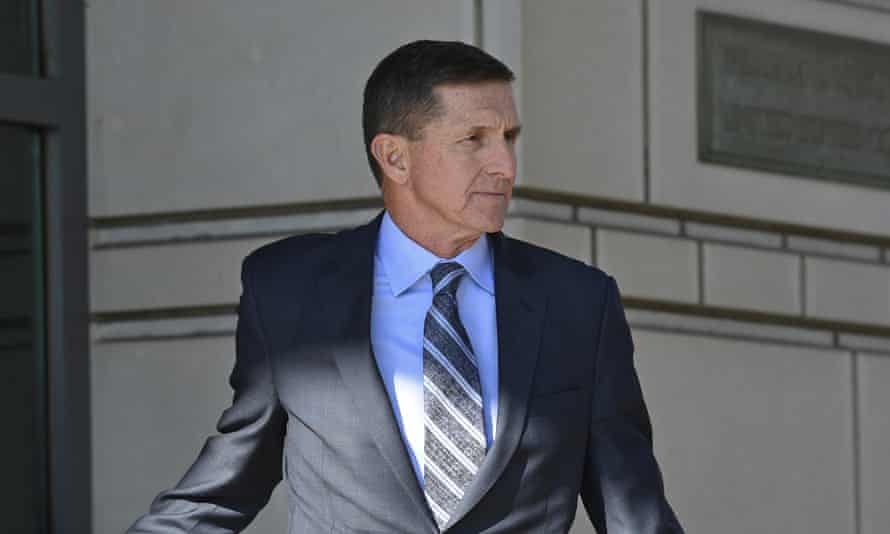
The former general’s stint as national security adviser was brief – just 23 days – but Flynn’s presence still haunts the White House. That’s because Flynn, who resigned after it was revealed that he had misled the vice-president, Mike Pence, about his communications with the Russian ambassador, struck a plea deal in December with special counsel Robert Mueller. Flynn pleaded guilty to lying to the FBI and pledged “full cooperation” with Mueller in his Russian interference investigation.
Sean Spicer
Sean Spicer spent his first day on the job as White House press secretary berating journalists for reporting accurately on the size of Trump’s inauguration crowd. And things only went downhill from there. Spicer’s time at the podium did provide the American public with some fascinating teachable moments on issues such as the proper term for Nazi concentration camps (hint: it’s not “Holocaust centers”) and the precise distinction between a wall and a fence.
Spicer resigned after disagreeing with Trump over his decision to hire Scaramucci, thereby saving himself the humiliation of having to explain that whole situation to the White House press corps.
Anthony Scaramucci
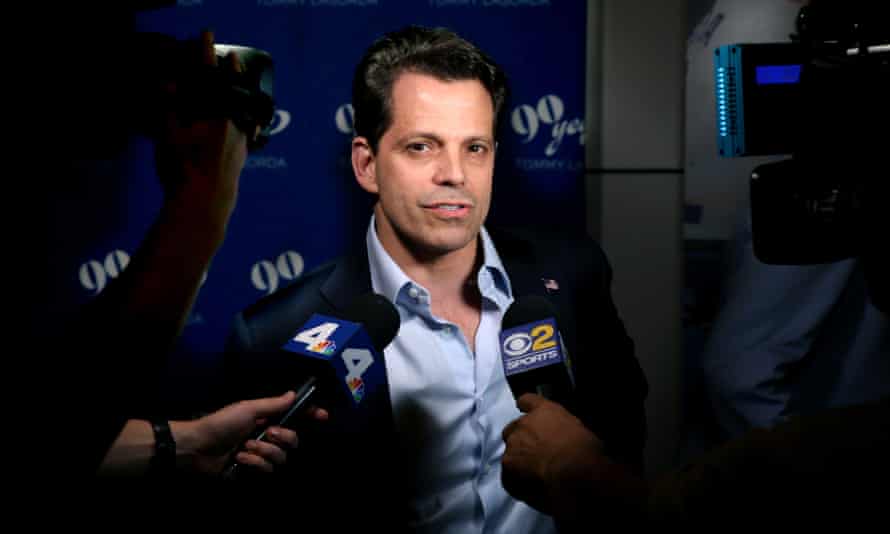
He came, he mooched, he got fired.
Anthony Scaramucci’s ten-day tenure as White House communications director will forever be remembered for his questionable decision to call a New Yorker reporter and unleash a profanity-laden tirade against other White House staffers. The embarrassing debacle proved exciting for news media standards editors tasked with deciding whether to print the phrase “I’m not trying to suck my own cock”, and left the administration in search of a communications director who understood the difference between talking to a reporter on or off the record.
Steve Bannon
When Steve Bannon left his role as White House chief strategist in August, he said that he would be “going to war for Trump against his opponents” from outside the administration. The former Breitbart publisher returned to the rightwing publication, saying, “I’ve got my hands back on my weapons.”
But the political strategist quickly shot himself in the foot, providing some particularly spicy quotes about his former co-workers to Fire and Fury author Michael Wolff. Bannon quickly lost the support of both Breitbart, Breitbart funder Rebekah Mercer, and Trump himself, who gave his erstwhile aide the nickname “Sloppy Steve”. Ouch.
Reince Priebus
It’s hard to point to a time during Reince Priebus’ seven-month stint as White House chief of staff that he wasn’t the subject of speculation about when he would fired. The former Republican National Committee chairman was supposed to bring inside the beltway savvy to the Trumpian outsiders, but his tenure was largely notable for palace intrigue, political blunders, and all-around chaos.
Honorable mention: Jared Kushner’s relevance
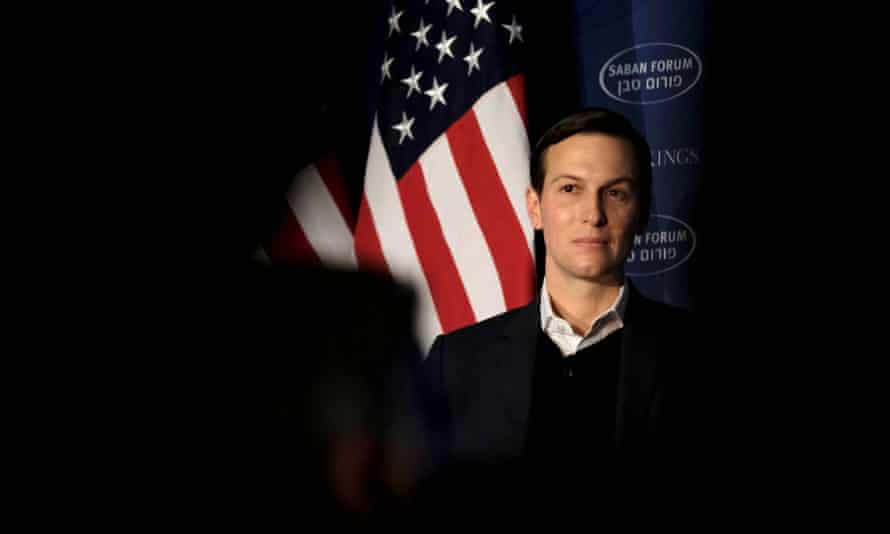
Trump’s senior adviser has a degree of job security that none of the above-mentioned staffers could achieve: he is married to Trump’s daughter.
But the much maligned real estate heir’s ability to fulfill his comically outsize portfolio was severely hampered on Tuesday, when Kushner’s security clearance was downgraded.Experts say he will be hard-pressed to perform his duties, especially those related to foreign policy, without access to top secret information.
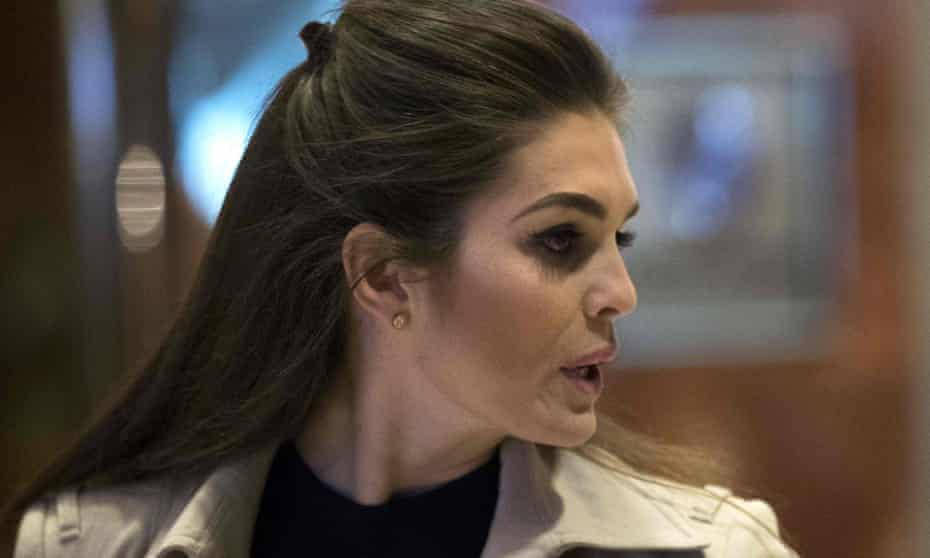
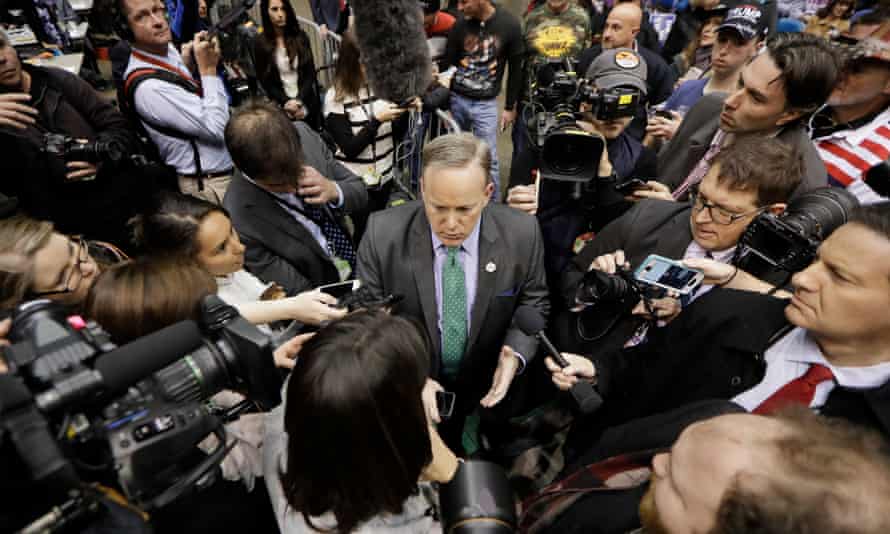
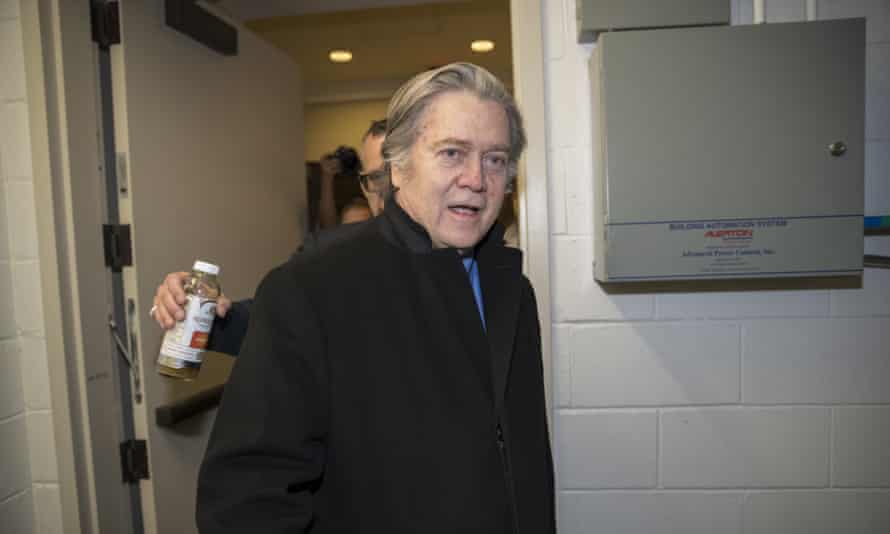
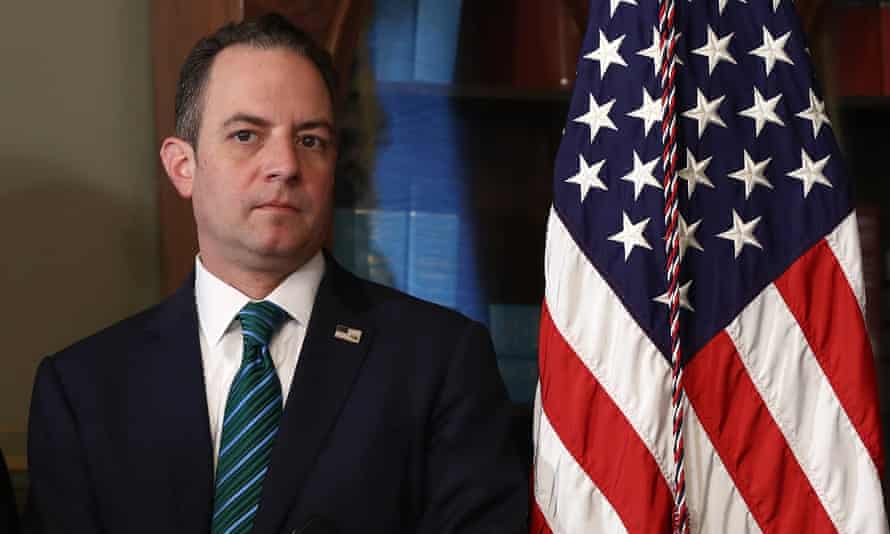
Comments